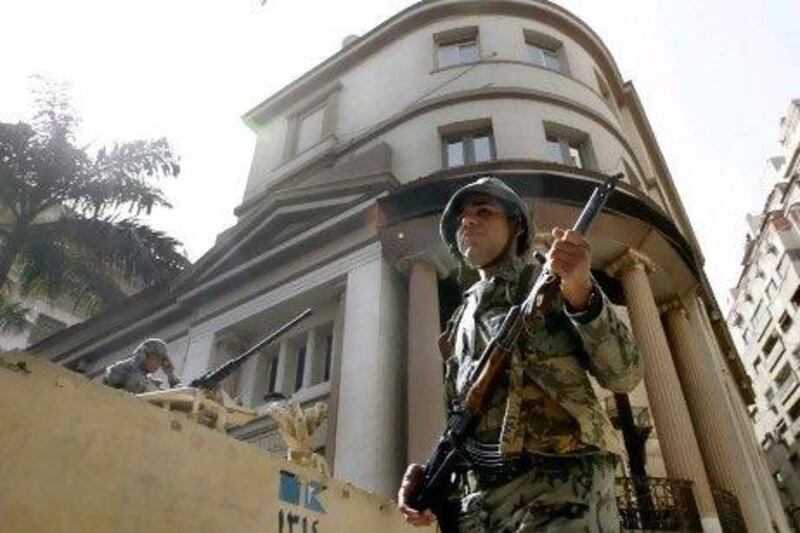Egypt will not return to a socialist economic system if the Muslim Brotherhood holds power, as the country's leading political force is seeking to bolster Cairo's struggling stock market.
Tomorrow's exclusives tonight:
Industry Insights e-newsletter Stay ahead of the pack and get the pick of the premium Business content straight to your inbox. Sign up
The assurance from an official of the Egyptian Exchange and a spokesman for the Muslim Brotherhood follows mounting fears that the party will pursue an aggressive nationalisation programme if elected.
"We have sought to reassure people that a free market in Egypt is the only way forward," said Mahmoud Ghozlan, a spokesman for the Muslim Brotherhood.
"Since the inclusion of the Muslim Brotherhood into Egypt's political process, there have been fears among people that the party would reverse the country's economic policies to a socialist-type system."
Mohamed Abdel Salam, former chairman of the exchange who is now an adviser to the bourse, said he was frequently approached by local and foreign investors expressing worries about Egypt's economic future.
"They ask me 'will Egypt continue as a free market or will the country return to the socialist ways of the '60s and '70s?'," he said. "My answer to them is that I am sure Egypt's economy will remain a free market. The Islamists see the stock exchange as fully halal. But some privatisation policies may change. For example, instead of selling to one investor, the government would arrange the sale on the stock exchange as a means to spread the wealth to the Egyptian people."
Egypt's stock exchange, the only one in the region classified as an emerging market by the index compiler MSCI, has lost US$22.7 billion (Dh83.38bn) of its capitalisation this year.
Egyptian shares have lost 45 per cent of their value. Daily volumes are only about 10 per cent of the $1.5bn traded before the uprising began in January.
Egypt's economy has significantly worsened since Hosni Mubarak was forced from the presidency in February. GDP growth, which had averaged about 5 per cent a year at the end of the last decade, is likely to be little more than 1 per cent this year, according to the IMF.
There is a looming currency crisis, as Egypt's reserves have declined from $36bn at the beginning of the year to $22bn in October, with a projection of $15bn for next month. Tourism, which accounted for as many as one in seven jobs before the unrest, is down by 35 per cent.
"The sentiment is very bearish. It has been a tough year for all market participants, including investors, brokerage houses and even listed companies," said Wafik Dawood, the head of institutional sales at the Cairo company Mega Investment Securities.
"The depreciation of the pound, accelerating at an alarming rate, is enough for investors to remain on the sidelines."
Islamists have dominated parliamentary elections, which began on November 28, with a second round beginning on December 14. In the first round, the Muslim Brotherhood won 86 out of the estimated 180 seats being contested, or nearly 48 per cent. Second-round results mirrored those of the first round. A third round of voting is to be held next Tuesday and Wednesday. The presidential election is expected in June.
"We are moving in the right direction. It will take time," Mr Abdel Salam said. "I think we are now taking the first step. Egyptians will start to organise themselves, rebuild the country and this time without corruption. This will be a first in terms of the distribution of the country's wealth among all the people."





